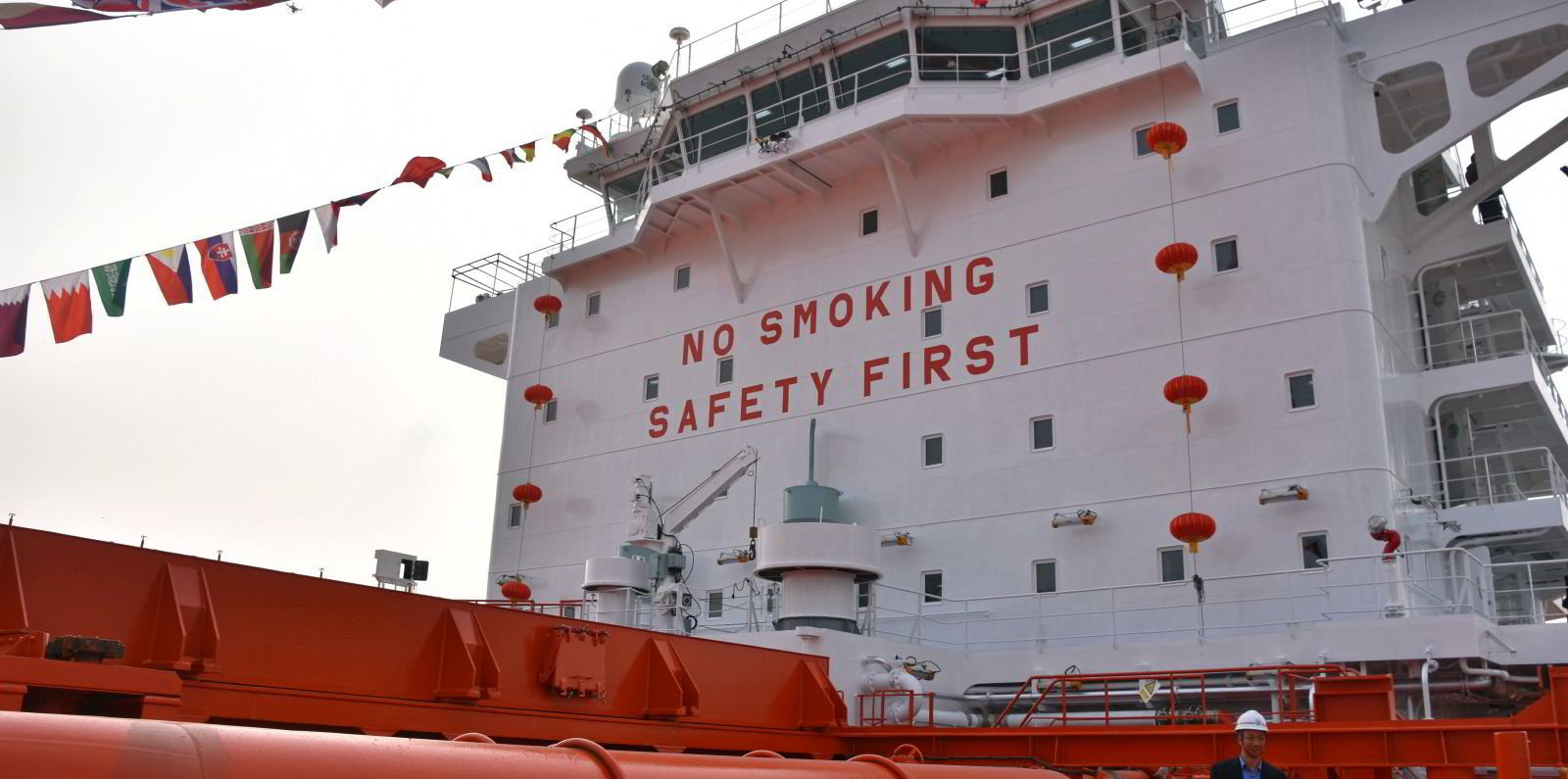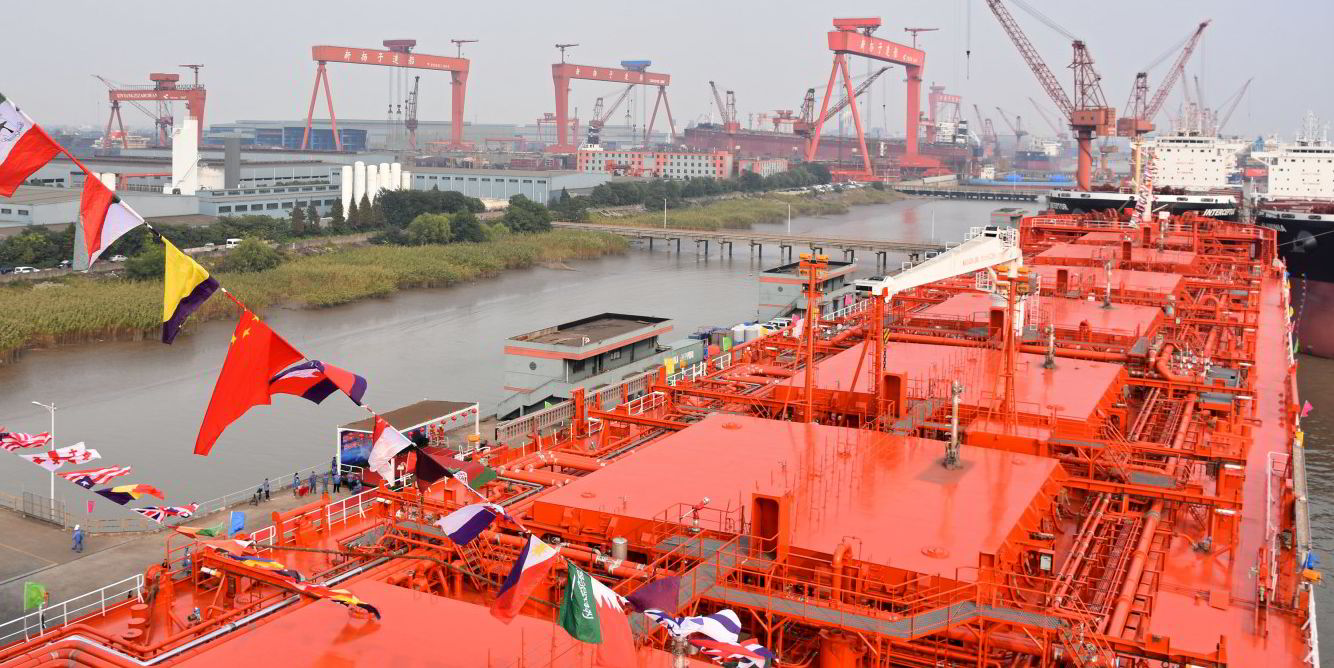Klaveness Combination Carriers (KCC) has signed a two-year time charter that takes one of its specialised vessels out of the combined dry-wet trading that is the company’s speciality.
Chief executive Engebret Dahm acknowledged that the move will affect his fleet’s carbon efficiency, and told TradeWinds “extreme markets” are to blame for the one-off deal.
“In the context of the current market and our relationship with the charterer, we found it the right thing to do,” he said.
Dahm would only identify the charterer as a leading global energy player with which his company already has a relationship.
TradeWinds reported yesterday that KCC was considering departing from company strategy for such a step, as Dahm had disclosed in an online investor briefing.
The deal is done at the market rate for LR1 eco-product tankers.
“It’s basically in line with deals of a similar term that have been done in recent months,” he said.
The 82,500-dwt Bass (built 2021) will be delivered within one or two weeks to the undisclosed charterer.
But the rest of the 16-ship fleet will continue its trademark combined trading and will not be available for time charter, Dahm said.
“We are unlikely to do any such deals with other ships,,” he told TradeWinds. “We can do better at trading efficiency and carbon emissions with our own operations.
“But when the dry bulk market is as bad as it is and the tanker market this good, we have to make some compromises between trading efficiency and earnings.
“In these extreme markets, we are bound to adapt from time to time.”
KCC normally mixes dry and wet spot charters and contract of affreightment trading so as to minimise ballasting days and maximise trading efficiency, and thus carbon efficiency.
However, in addition to the new time charter, KCC’s adaptations to extreme market conditions in recent months have included taking individual ships out of the dry-wet rotation and ballasting them to a tanker load port to take advantage of high rates.
But Dahm told TradeWinds that the company has added carbon pricing to its accounting when making such decisions.
“We are now including European Union Allowances carbon pricing during these evaluations before we decide to ballast a ship to Singapore for the sake of a super-high rate,” he said.
TradeWinds reported yesterday that KCC had turned in a record full-year result for 2022, earning $60.87m in net profit on $164.6m net revenues from vessel operations, up 170% from $22.6m on $115.9m in 2021.





